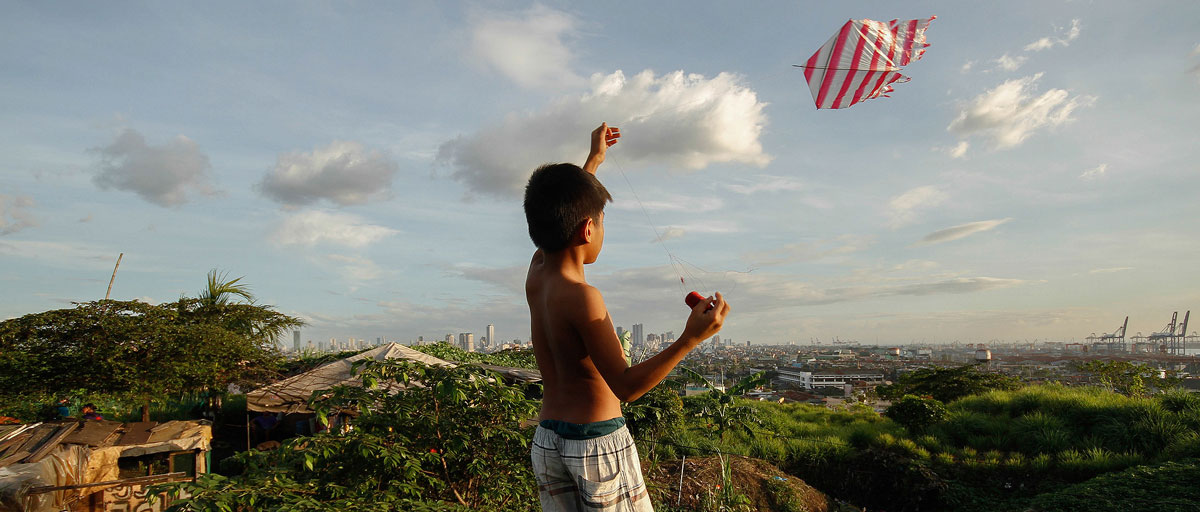
Current institutions charged with dealing with humanitarian crises — and the thinking that governs these institutions — are rapidly becoming obsolete, argue Luca Alinovi and Johan Rockström in a new op-ed. Photo: Asian Development Bank/Flick
Bildtext får vara max två rader text. Hela texten ska högerjusteras om den bara ska innehålla fotobyline! Photo: B. Christensen/Azote
HUMANITARIAN CRISES
From disaster management to resilience building
Luca Alinovi, Executive Director, Global Resilience Partnership and centre executive director Johan Rockström on why we need to rethink our approach to recurring humanitarian crises
Text
"The first United Nations World Humanitarian Summit takes place among the mosques and minarets of Istanbul today. While long overdue, it will fail to address recurring humanitarian crises. The truth is that the monolithic institutions charged with dealing with these crises — and the thinking that governs these institutions — are rapidly becoming obsolete as we enter a new, less predictable era." This is the opening paragraph of an op-ed on humanitarian aid management recently published on Huffington Post.
The text, written by Luca Alinovi, Executive Director, Global Resilience Partnership and Johan Rockström, Executive Director, Stockholm Resilience Centre, argues that increasing human impact on the planet means the end of linear, incremental change.
"Shock and stress — from droughts, to pandemics and violence — are here to stay. Efficiency and optimisation is not enough, we must invest in diversity and flexibility. And, we must recognize that reactive humanitarian aid is insufficient, we now need an international strategy for proactive action to enable communities to avoid disaster and transform positively through crises," they write.
The time is now to rethink and to build resilience.
The Global Resilience Partnership (convened by the Rockefeller Foundation, USAID and Sida) is investing $150 million (USD), and leveraging billions more, to apply radical resilience thinking across four of the most vulnerable regions on Earth: the Horn of Africa, the Sahel and south and southeast Asia.
The Stockholm Resilience Centre is a knowledge provider to Global Resilience Partnership.






